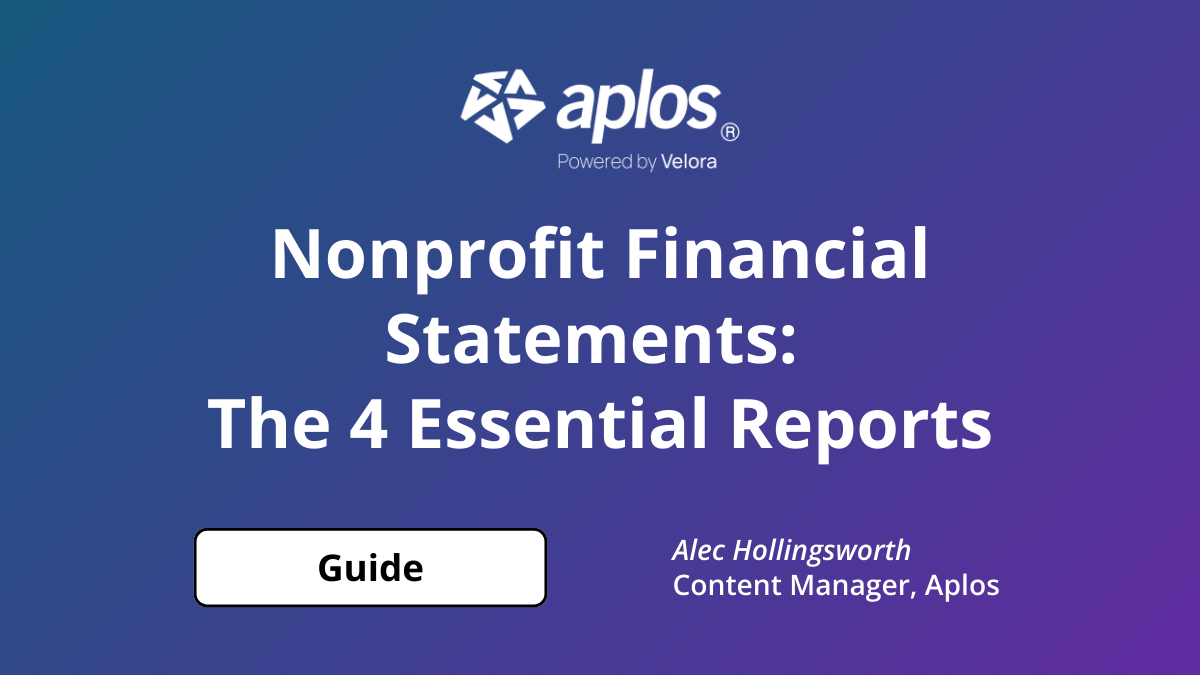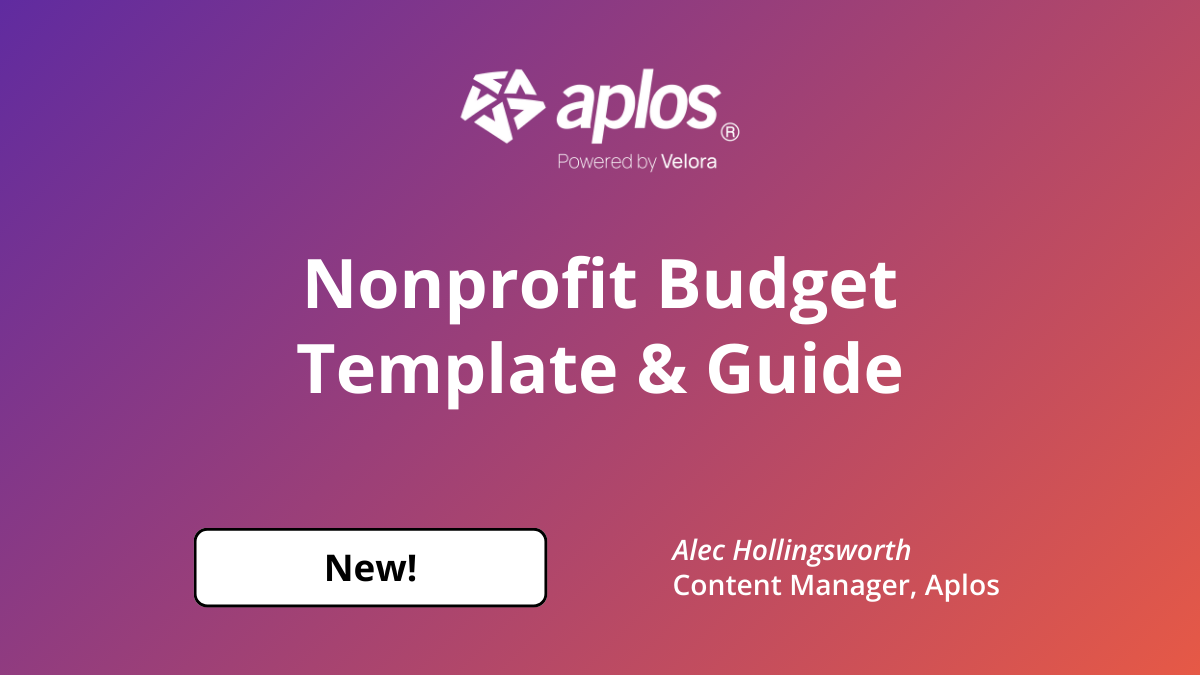
NPO Audits: Essential Steps for Nonprofits

Running a nonprofit organization comes with unique challenges, and one of the most important aspects is maintaining financial transparency through regular audits. Let's dive deep into everything you need to know about the audit of NPO (nonprofit organizations) to ensure your organization thrives.
Why NPO Audits Matter More Than Ever
The landscape of nonprofit financial management is changing rapidly. With a 50% increase in mobile transactions recently, maintaining accurate financial records has become more crucial than ever. An audit of NPO serves multiple essential purposes:
Building Donor Trust
Building and maintaining donor trust is fundamental to nonprofit success. Through rigorous financial audits, organizations demonstrate responsible stewardship of donations and provide the transparent reporting that donors expect. This transparency not only strengthens relationships with existing major donors but also serves as a powerful tool for attracting new funding sources. When potential donors see a history of clean audits and clear financial management, they're more likely to commit their support.
Ensuring Compliance
Compliance is about more than just following rules – it's about protecting your organization's mission. A thorough audit of NPO helps keep your organization aligned with legal requirements while maintaining your crucial tax-exempt status. Regular audits serve as a preventive measure against potential legal issues and validate your adherence to industry standards. This proactive approach to compliance helps ensure your organization can continue serving its community without interruption.
Improving Operations
Operational excellence stems from regular evaluation and improvement. Through comprehensive audits, organizations can identify inefficiencies in their financial processes and uncover opportunities for cost savings. These insights lead to streamlined administrative procedures and enhanced overall organizational effectiveness. By viewing audits as a tool for improvement rather than just a requirement, nonprofits can leverage them to strengthen their operational foundation.
Types of Audits Your NPO Might Need
1. Financial Audits
The most common type of audit of NPO, focusing on:
- Accuracy of financial statements
- Compliance with accounting principles
- Internal control systems
- Cash flow management
- Asset verification
2. Compliance Audits
These ensure your organization follows:
- Government regulations
- Grant requirements
- Industry standards
- Internal policies
- Donor restrictions
3. Operational Audits
Examining how efficiently your organization:
- Uses resources
- Manages programs
- Implements systems
- Achieves objectives
- Controls costs
4. Single Audits
Required for organizations receiving federal funding:
- Covers federal grant compliance
- Reviews specific program requirements
- Examines cost allocation
- Verifies reporting accuracy
- Ensures proper fund usage
5. Performance Assessments
Evaluating program effectiveness through:
- Outcome measurements
- Impact analysis
- Cost-benefit evaluations
- Program efficiency
- Goal achievement
Preparing for Your NPO Audit: A Comprehensive Approach
1. Pre-Audit Organization
Start preparing 3-6 months before the audit:
- Gather all financial statements
- Organize supporting documentation
- Review previous audit findings
- Update policies and procedures
- Prepare staff for potential interviews
2. Documentation Requirements
Maintain thorough records of:
- Bank statements and reconciliations
- Donor contributions and restrictions
- Grant documentation
- Board meeting minutes
- Financial policies and procedures
- Program expenses and outcomes
- Employee records and payroll information
3. Technology and Tools
Implement effective systems:
- Use nonprofit-specific accounting software like Aplos
- Maintain digital record-keeping systems
- Implement automated tracking tools
- Ensure backup systems are in place
- Regular system updates and maintenance
The Audit Process: Step-by-Step
1. Selecting an Auditor
Take time to find the right match:
- Look for nonprofit experience
- Check references and credentials
- Consider industry expertise
- Review fee structures
- Evaluate communication style
2. Planning Phase
Work with your auditor to:
- Establish timeline and deadlines
- Identify key personnel
- Define scope of work
- Set up communication channels
- Plan for potential challenges
3. Fieldwork Stage
During the actual audit:
- Provide requested documents promptly
- Make staff available for interviews
- Address questions quickly
- Maintain organized workspace
- Document all communications
4. Review and Response
After receiving the audit findings:
- Analyze recommendations thoroughly
- Create action plans for improvements
- Implement suggested changes
- Document progress
- Communicate results to stakeholders

Common Challenges and Solutions
1. Documentation Issues
Preventing documentation issues requires a comprehensive, year-round approach to organization. Successful nonprofits implement robust organizational systems backed by digital storage solutions that make document retrieval efficient and reliable. Clear filing protocols, combined with regular staff training sessions, ensure everyone follows the same documentation standards. Monthly record reviews help catch and correct any issues before they become audit problems, creating a culture of continuous improvement in record-keeping.
2. Resource Limitations
Resource constraints don't have to limit your audit preparation effectiveness. Many nonprofits find success by engaging skilled volunteers who bring professional expertise without the associated costs. Consider outsourcing options for specialized tasks while implementing automation tools to handle routine processes more efficiently. Smart process implementation and seeking pro bono assistance from professional firms can help stretch limited resources further while maintaining high standards of financial management.
3. Staff Turnover
Staff transitions can significantly impact audit readiness, but proper planning minimizes disruption. Creating detailed procedure manuals and implementing thorough cross-training programs ensures operational continuity when team members change. Well-documented processes and clear handover procedures make transitions smoother, while regular training sessions keep all staff members updated on current practices. This comprehensive approach to knowledge management helps maintain consistent financial practices regardless of personnel changes.
4. Complex Transactions
Managing difficulties:
- Seek expert advice when needed
- Document unusual transactions carefully
- Maintain clear audit trails
- Regular staff education
- Update policies as needed
Best Practices for Ongoing Success
1. Year-Round Preparation
- Monthly financial reviews
- Regular documentation updates
- Quarterly internal audits
- Ongoing staff training
- Policy reviews and updates
2. Technology Integration
- Regular software updates
- Staff technology training
- Digital security measures
- Automated reporting systems
- Data backup protocols
3. Communication Strategies
- Regular board updates
- Donor transparency
- Staff involvement
- Auditor relationships
- Stakeholder reporting
Key Takeaways
An audit of NPO doesn't have to be overwhelming. Success comes from:
- Maintaining organized records year-round
- Using appropriate technology and tools
- Building strong relationships with auditors
- Implementing recommended improvements
- Keeping up with industry changes
With mobile transactions increasing by 50% and financial scrutiny growing, staying on top of your audit game is more important than ever. Remember, an audit of NPO is not just a compliance requirement – it's an opportunity to strengthen your organization and build trust with stakeholders.
Looking Ahead
The future of NPO audits will likely include:
- Increased focus on digital transactions
- More emphasis on cybersecurity
- Enhanced reporting requirements
- Greater transparency expectations
- Technology-driven solutions
Stay ahead by keeping your organization prepared and viewing your audit of NPO as a valuable tool for growth and improvement rather than just a necessary obligation.
Frequently Asked Questions
Why does my nonprofit need an audit?
Audits build donor trust, ensure legal compliance and tax-exempt status, and help improve operations by identifying inefficiencies.
What types of audits might my organization need?
Financial, compliance, operational, single audits (for federal funding), and performance assessments.
What documents should I prepare for an NPO audit?
Gather financial statements, bank reconciliations, donor contribution records, grant documentation, board minutes, financial policies, program expenses, and payroll.
How far in advance should I prepare for an audit?
Start preparing 3–6 months before the audit: organize documents, review prior findings, and prepare staff for interviews.
How can technology help with audit preparation?
Use nonprofit-specific accounting software like Aplos, maintain digital records, implement automated tracking, and ensure backup systems.

Get started for free
Aplos has everything you need in one place for streamlined accounting - affordably.
Copyright © 2025 Aplos Software, LLC. All rights reserved.
Aplos partners with Stripe Payments Company for money transmission services and account services with funds held at Fifth Third Bank N.A., Member FDIC.
Copyright © 2024 Aplos Software, LLC. All rights reserved.
Aplos partners with Stripe Payments Company for money transmission services and account services with funds held at Fifth Third Bank N.A., Member FDIC.



.png)



